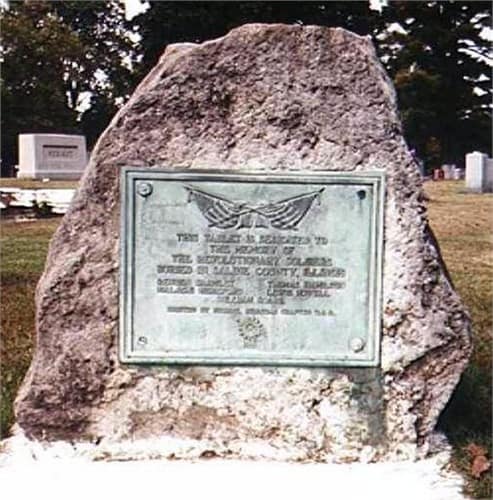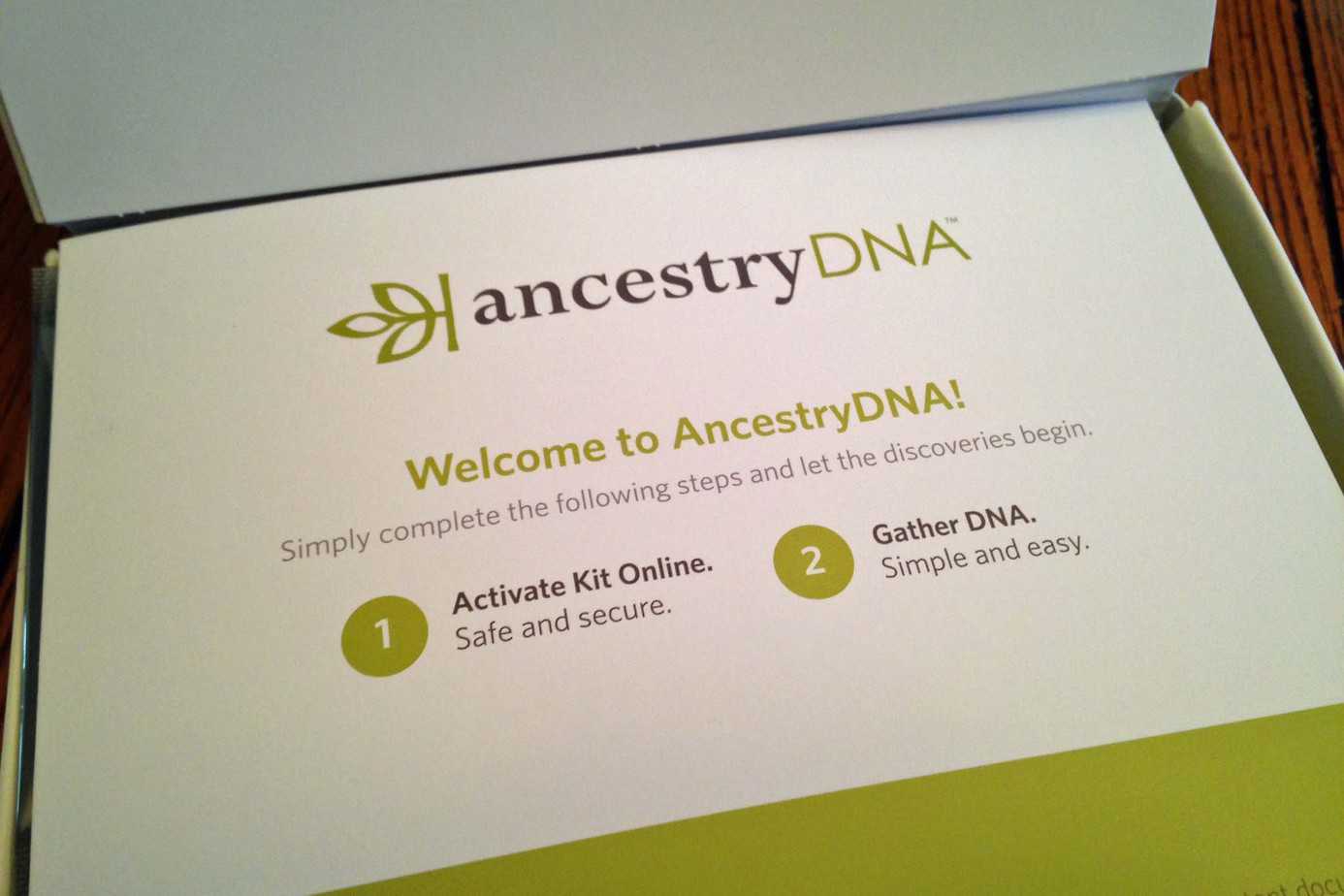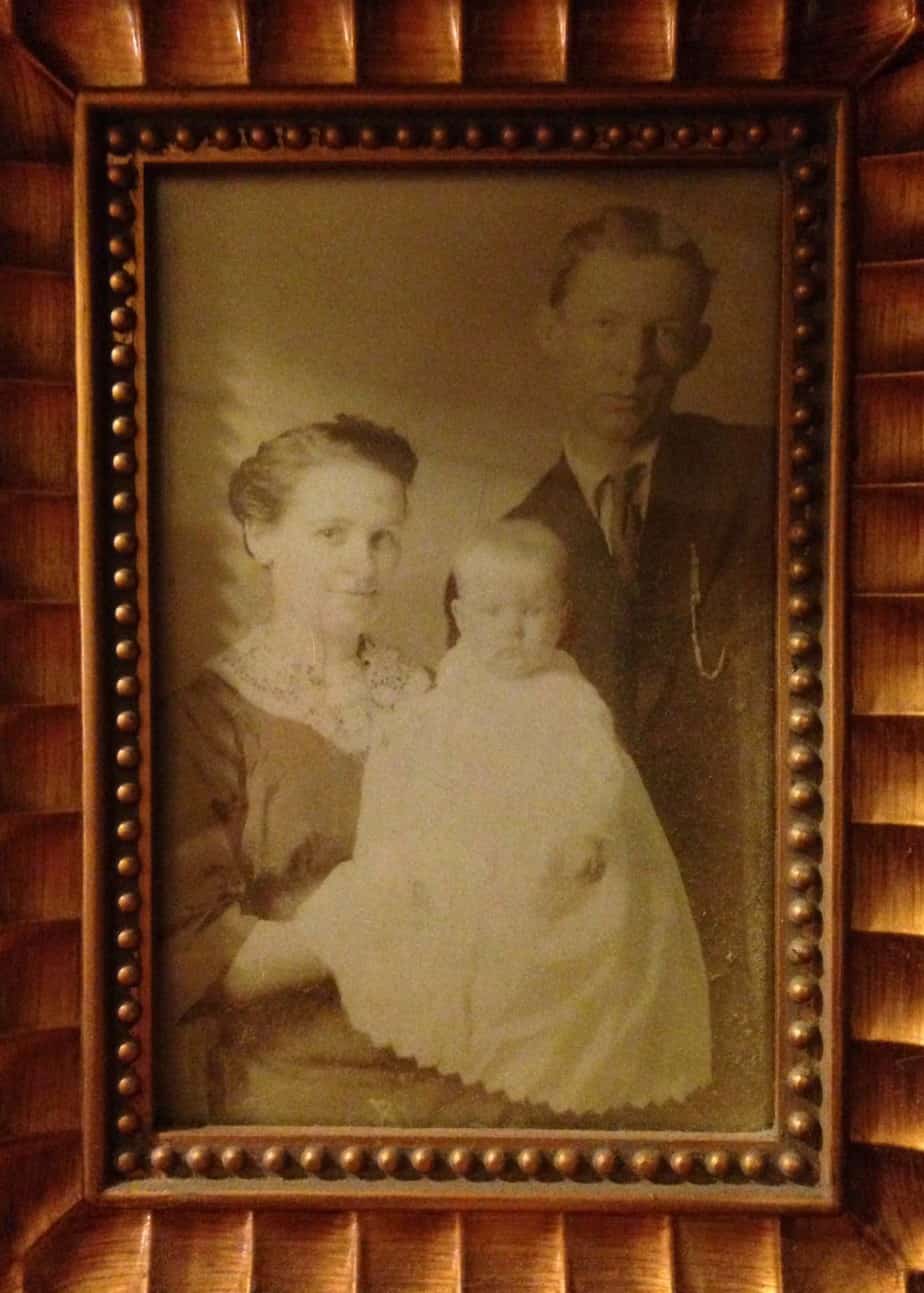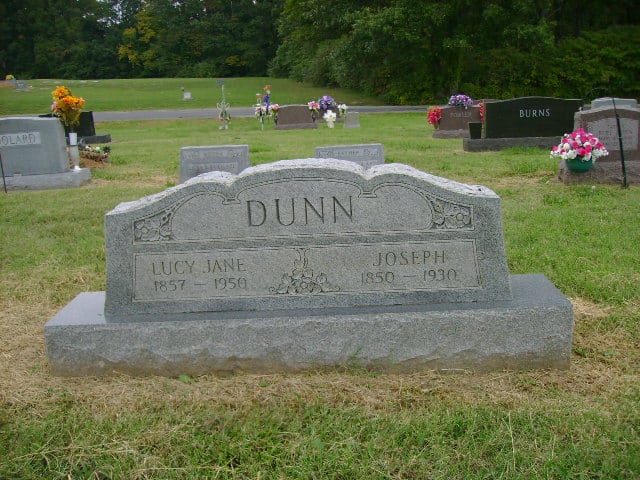52 Ancestors #30: From Germany to Mud Creek, Illinois
As I continue to answer the “52 Ancestors in 52 Weeks” challenge set forth by Amy Johnson Crow over at “No Story Too Small”, I find myself doing more and more research on ancestors I know very little about. I’m determined to make it to number 52, but I think it’s going to take longer than 52 weeks!
***
I’ve been working on my Grandma Raines’ line these last few weeks. Earlier this week, I made a bit of a breakthrough and traced Grandma’s own great grandmother’s (Louisa Marie Petri) line back to Germany. I always get giddy when I’m able to hop over the ocean and learn more about my family prior to their arrival in America.
Johann Nicholaus Petri, 1797-1850
The first of my Petri line to arrive was Johann Nicholaus Petri, my 4th great grandfather. In America, he went by Nicolas.
Nicholaus was born on October 21, 1797 in Dietzenbach, Germany to Johann Heinrich Petri and Anna Marie Kuhler. To the best of my knowledge, he was the second of two children … a sister, Susanna, was born two years prior. I believe she remained in Germany until her death at age 71.
Petri-Wurm Marriage
On December 28, 1819, Nicholaus married Elizabetha Wurm, daughter of Johann George Wurm and Elizabetha Lehrer.
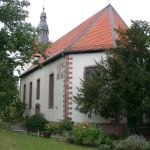
Their first son, Johann George, was born in 1820. Eight children would be born to Nicholaus and Elizabetha, but two sons would die before their first birthdays. Their second son, Johann Philipp (1822-1893) is my 3rd great grandfather.
Immigration
Sometime between the death of their youngest child in 1835 and 1837, Nicholaus Petri packed up his wife and children and set out for America.
The early 19th century was a time of economic depression in Germany, which caused many young families to seek a better life in a new land. While I suspect the Petri’s left Germany for much the same reason as anyone else at the time, they were able to carry enough money to buy land and livestock immediately upon reaching their destination.
I’m still piecing this puzzle together. That said, many Germans arrived in America from the port city of Le Havre, France. They primarily arrived in New Orleans, Baltimore and New York. I have seen reference to the Petri’s arriving in 1837 at Baltimore, but have not been able to confirm nor deny the information. If this is the case, they would have traveled the Ohio River and probably north up the Mississippi River to the St. Louis, Missouri area before finally arriving in the southeastern part of Illinois … St. Clair County … Mud Creek, to be precise! This trek would have been rough and fraught with river pirates in places like Cave-In-rock, Illinois … and Nicholaus made his way with wife and six children between ages 5 and 17 in tow.
Land Purchase
The first documentation of Nicholaus Petri in St. Clair County is a land purchase made in 1837 near Mud Creek (now St. Libory), Illinois. He would purchase land at least two more times within a 5-year period.
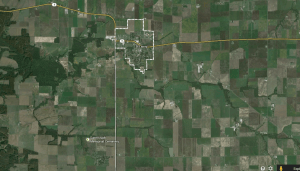
I drive through this same area every few months or so … my favorite German meat market is in St. Libory, not far from the original Petri land. I’m used to driving on state highways that run alongside acres upon acres of corn and beans … I’m used to driving through these small towns settled by my ancestors. What I see today is due in large part to early settlers like the Petri’s who turned wilderness into fertile farmland.
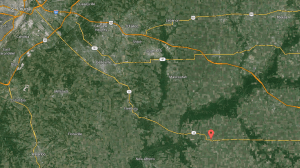
Cholera Epidemic
The year 1850 brought cholera to the land along the Mississippi River between New Orleans, Louisiana and St. Louis, Missouri. This was a common migration route for immigrants who landed in New Orleans … and they kept the disease alive along the river route. In 1850 alone, almost 1,500 people died along this stretch of relatively unpopulated land. Nicholaus Petri was among them.
During a trip to St. Louis, Nicholaus contracted the then often fatal disease. Upon his return home, knowing this, he closed himself in the family’s barn and forbade any visitors. He died on August 20, 1850 and was buried seven days later.
I have trouble imagining what Elizabetha endured as her husband locked himself away to die.

